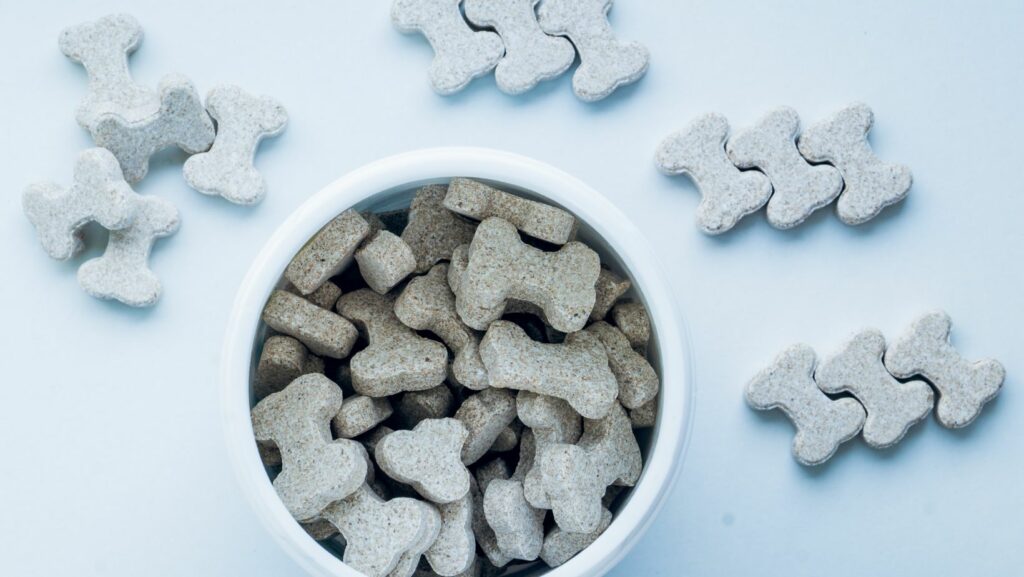Benefits of Bone Broth for Dogs

Bone broth isn’t just a trendy superfood for humans; it’s also gaining popularity among pet owners seeking to boost their dogs’ health. Packed with nutrients, this savory elixir offers a range of benefits that can enhance a dog’s well-being. From promoting joint health to improving digestion, bone broth is more than just a tasty treat.
Many dog owners are discovering that incorporating bone broth into their pets’ diets can lead to noticeable improvements. It’s rich in collagen, amino acids, and minerals, which support healthy skin and coat, strengthen bones, and aid in recovery from injuries. Plus, its hydrating properties make it an excellent option for dogs that need extra moisture in their diet.
As awareness grows about the advantages of bone broth for dogs, more pet enthusiasts are eager to explore how this nutrient-dense addition can fit into their furry friend’s daily routine.
Nutritional Profile of Bone Broth
Bone broth stands out as a nutrient-packed addition to a dog’s diet. With a blend of vitamins, minerals, and proteins, it supports overall canine health.
Essential Vitamins and Minerals
Bone broth offers a variety of important vitamins and minerals. Calcium and phosphorus contribute to bone and tooth health. Magnesium assists in muscle function and energy production. Potassium aids in maintaining fluid balance. These nutrients help sustain healthy skeletal and muscular systems in dogs, promoting long-term vitality.
Protein and Amino Acids

Bone broth serves as a source of natural proteins and essential amino acids. Glycine supports detoxification and digestion. Proline and hydroxyproline play roles in collagen formation for joint health. Arginine supports immune and cardiovascular health. These proteins and amino acids promote wellness by enhancing various physiological functions in dogs.
Health Benefits of Bone Broth for Dogs
Bone broth offers numerous health benefits that make it an ideal dietary addition for dogs. It delivers essential nutrients that support various aspects of canine health.
Supports Joint Health
Bone broth is rich in glucosamine, chondroitin, and collagen. These compounds strengthen cartilage and improve joint flexibility, helping alleviate pain and stiffness in dogs with arthritis or joint issues.
Improves Digestion
The gelatin in bone broth aids digestion by binding with water in the gastrointestinal tract. It supports gut health, reduces inflammation, and can be particularly beneficial for dogs with sensitive stomachs or digestive disorders.
Boosts Immune System
Bone broth contains amino acids like arginine and glycine. These nutrients enhance detoxification processes and strengthen the immune system, helping dogs fend off infections and recover quickly from illnesses.
Promotes Healthy Skin and Coat
The collagen and essential fatty acids found in bone broth contribute to skin elasticity and coat sheen. This nutrient combination can alleviate dry skin, reduce shedding, and result in a healthier and more vibrant appearance.
How to Make Bone Broth for Dogs
Creating bone broth for dogs at home is straightforward and cost-effective. It ensures a nutritious, preservative-free supplement tailored to a dog’s health needs.
Ingredients to Use
Selecting high-quality ingredients is crucial when making bone broth for dogs.
- Bones: Use beef, chicken, or turkey bones (e.g., knuckles, necks, or chicken feet) rich in marrow and cartilage.
- Vinegar: Add 1-2 tablespoons of apple cider vinegar to help extract minerals from the bones.
- Water: Cover ingredients with filtered water.
- Optional Add-ins: Incorporate dog-safe vegetables like carrots or celery for added nutrients.
Step-by-Step Instructions
Following these steps ensures a nutritious and yum bone broth for dogs.

- Prepare Bones: Rinse bones thoroughly, removing excess fat or meat.
- Combine Ingredients: Place bones and vinegar in a large pot or slow cooker. Add water to submerge them entirely.
- Heat and Simmer: Heat the mixture until it reaches a gentle simmer, then maintain low heat for 12–24 hours for optimal nutrient extraction.
- Remove Solids: After simmering, carefully strain the broth, removing bones and any solids.
- Cool and Skim: Cool the broth completely, then skim off any fat coagulated at the top.
- Store: Transfer to jars, refrigerating for up to five days or freezing for longer storage.
By using these procedures, pet owners can ensure their dogs receive a healthy, flavorful supplement.

